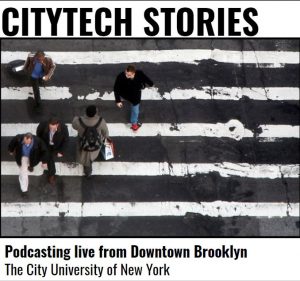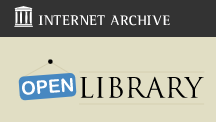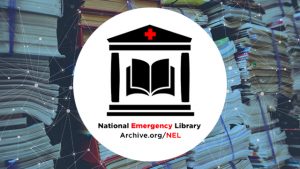It’s likely that you’ve recently seen – in an excited social media or blog post – news of free, open resources being made available by publishers during COVID-19.
JSTOR, EBSCO, and other popular vendors have suddenly made content available to all users, without the typical subscription. Sounds good, right?
Of course, access to resources is a beneficial development, and even a public good. However, we also like to keep in mind – as librarians – that these “free” options are temporary, and that access will be restricted as soon as the crisis stabilizes.
For reference, here’s an excellent guide of resources now available through CityTech. The three top sections indicate whether you can view them with your CityTech barcode, or if you need to set up an account.
We’d also like to share the friendly reminder that – Open Educational Resources have always been designed to be cost-free! Integrating O.E.R. into your course is a stable, perennial way to make sure the content stays the same – before, during, and after COVID-19. Be sure to browse our resource guide, to see how you can easily find discipline-specific content – and be in touch, if you’d like more help!








